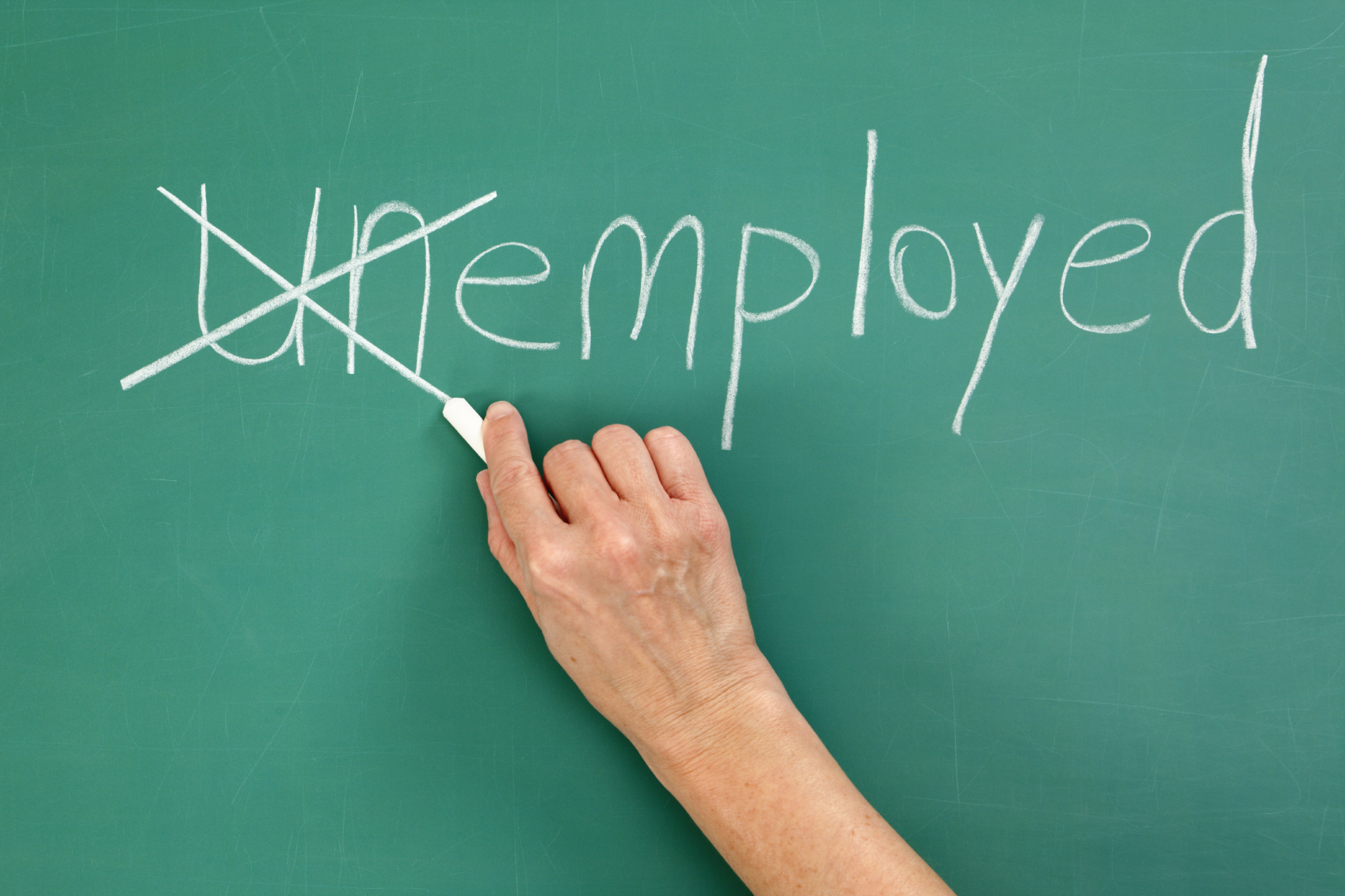In most instances, analyses in personal injury cases are a necessity. Personal Injury cases require an expert to value the loss of earnings, ability, or life of an individual. In addition, experts can also calculate the loss of household services the individual’s household has suffered, that is the daily services someone would provide their children or spouse living in the home.
To begin performing an economic analysis of the loss of earnings of the injured, there is one crucial step that many attorneys try to sidestep: Hiring a vocational expert. Very few economic experts performing these types of analyses will make a judgement regarding the Plaintiff’s ability to work, and those experts that will, are not the ones an attorney wants to hire. Sure, doing this will save money, but if an attorney wants to cross all their T’s and dot all their I’s, he or she will need to hire a vocational expert. After crossing this bridge, the analysis should be smooth sailing.
Many attorneys ask economic experts to also analyze the Plaintiff’s loss of household services. In most personal injury cases, the Plaintiff has a reduced, or complete loss of, ability to perform tasks such as inside housework, cooking, shopping, and caring for household children. A major question in determining a loss of household services is, who was the Plaintiff providing household services to? Frequently, experts will provide this analysis knowing that the Plaintiff lives alone. Widely accepted economic theories and methodologies state that in order to provide household services to someone, they must be providing those services to someone. Often, those persons receiving these services would be children living in the household or a spouse. However, it is inappropriate to assign household services to someone who lives alone. It is important for attorneys, representing the Plaintiff or Defense, to keep this in mind as it can drastically affect the reliability of an expert’s analysis and be a major point of contention in a rebuttal report.


